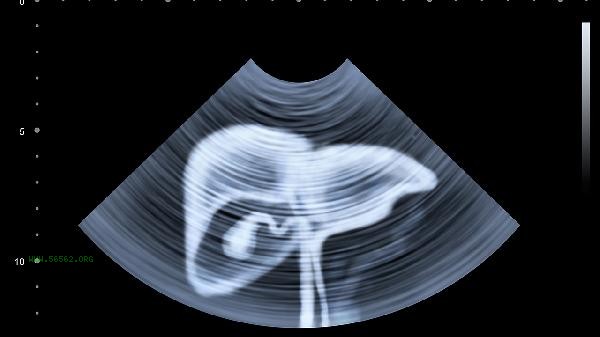The most effective ways to reduce fat in the buttocks and abdomen include adjusting dietary structure, engaging in targeted exercise, improving lifestyle habits, controlling stress, and ensuring adequate sleep.

1. Adjust dietary structure
Reduce the intake of refined carbohydrates and high sugar foods, and increase the proportion of high-quality protein and dietary fiber. High quality proteins such as chicken breast, fish, and beans help maintain muscle mass, while vegetables and fruits rich in dietary fiber can enhance satiety. Avoid fried foods and high salt foods to reduce swelling and fat accumulation. Three meals a day should be scheduled and quantified to avoid overeating, and dinner should not be too late.
2. Carry out targeted exercises
For the buttocks, perform deep squats, hip bridges, and side leg lifts at least three times a week, each lasting for more than 20 minutes. Abdominal training can be achieved through abdominal rolling, flat support, and supine pedaling, combined with aerobic exercises such as jogging or swimming for better results. Warm up and stretch thoroughly before and after exercise to avoid muscle damage. Gradually increase the intensity of exercise to avoid a decrease in effectiveness after the body adapts.
3. Improve lifestyle habits
Avoid sitting for long periods of time and get up and move for five minutes every hour. Choose walking or cycling instead of short distance rides to increase daily activity. Maintain correct sitting and standing posture to avoid pelvic tilt leading to abdominal protrusion. Quit smoking and limit alcohol consumption to reduce the risk of visceral fat accumulation. Cultivate a regular sleep schedule and avoid staying up late that affects metabolism.

4. Control Stress
Long term stress can lead to an increase in cortisol levels and promote abdominal fat accumulation. Stress can be relieved through meditation, deep breathing, or yoga. Cultivate interests and hobbies to shift attention and maintain a happy mood. Seek professional psychological counseling when necessary and avoid emotional eating. Establish a social support system and share stress relief methods with family and friends.
5. Ensure adequate sleep
Maintaining seven to eight hours of high-quality sleep every day helps regulate the balance of leptin and ghrelin. Avoid using electronic devices before bedtime and create a dark and quiet sleeping environment. Set a fixed schedule and avoid oversleeping on weekends. Lack of sleep can affect exercise performance and recovery, and reduce fat loss efficiency. If there are sleep disorders, seek medical treatment promptly for adjustment. Reducing hip and abdominal fat requires a comprehensive approach, and a single method has limited effectiveness. Diet control is the foundation, exercise is the key, and both are indispensable. At the same time, attention should be paid to gradual progress to avoid rapid weight loss leading to skin sagging. It is recommended to lose no more than one percent of body weight per week and maintain long-term stable healthy habits. If encountering a plateau period, one can adjust their exercise routine and dietary ratio. Special groups such as postpartum women and middle-aged and elderly individuals should develop personalized plans under the guidance of professionals. During the weight loss process, it is important to pay attention to body signals and make timely adjustments if discomfort occurs.








Comments (0)
Leave a Comment
No comments yet
Be the first to share your thoughts!